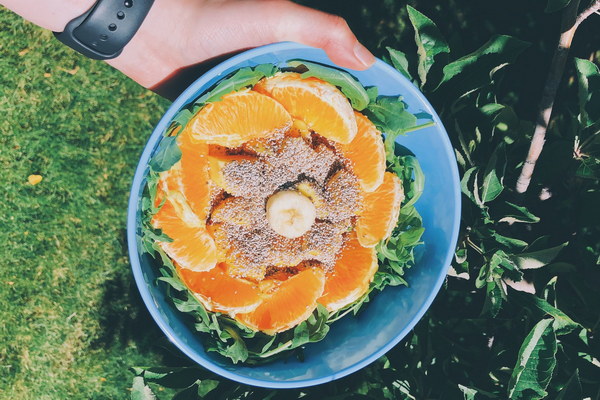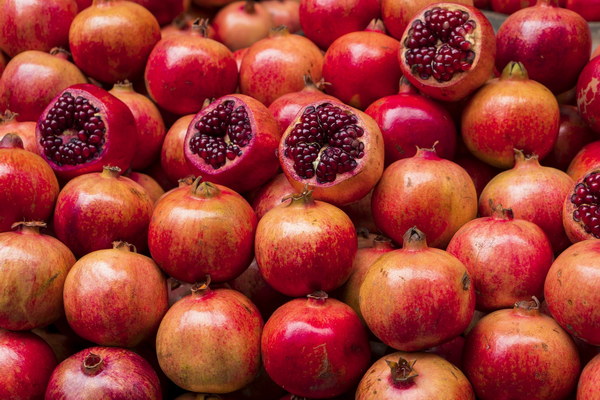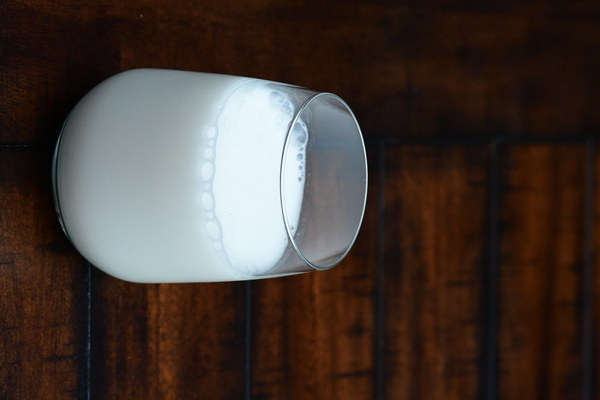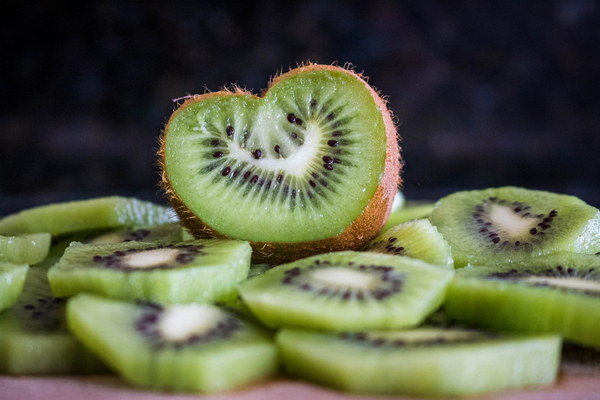Nourishing Your Lungs The Best Foods for Lung Health and Strengthening
Nourishing Your Lungs: The Best Foods for Lung Health and Strengthening
The lungs are vital organs responsible for the exchange of oxygen and carbon dioxide in our bodies. Maintaining their health is essential for overall well-being. While quitting smoking, avoiding pollution, and exercising regularly are crucial steps towards lung health, what we eat can also play a significant role. Incorporating certain foods into your diet can help nourish and strengthen your lungs. Here’s a guide to the best foods for lung health and how they can benefit you.
1. Leafy Greens
Leafy greens, such as spinach, kale, and collard greens, are rich in vitamins A, C, and E, which are antioxidants that help protect the lungs from damage. These vitamins also support the immune system, which is vital for warding off infections. Additionally, the high levels of chlorophyll in these greens can help purify the bloodstream and remove harmful toxins.
2. Garlic
Garlic is well-known for its immune-boosting properties. It contains allicin, a compound that has been shown to reduce inflammation and improve lung function. Incorporating garlic into your meals, whether it’s in a salad, soup, or as a seasoning, can help keep your lungs healthy.
3. Turmeric
This vibrant spice is not only delicious but also packed with antioxidants and anti-inflammatory properties. Curcumin, the active compound in turmeric, has been shown to reduce lung inflammation and may help prevent respiratory conditions such as asthma. Adding a pinch of turmeric to your curries, smoothies, or even scrambled eggs can be a simple way to boost your lung health.
4. Berries
Berries, like blueberries, strawberries, and raspberries, are high in antioxidants that protect against oxidative stress. This stress can damage lung cells and contribute to the development of respiratory diseases. Regularly consuming these fruits can help keep your lungs healthy and reduce the risk of lung conditions.
5. Nuts and Seeds
Nuts and seeds, such as almonds, walnuts, chia seeds, and flaxseeds, are rich in healthy fats, vitamins, and minerals that support lung function. They are also a great source of omega-3 fatty acids, which have been shown to reduce inflammation and improve lung capacity. Adding a handful of nuts or seeds to your diet can be a tasty way to support your lungs.
6. Green Tea
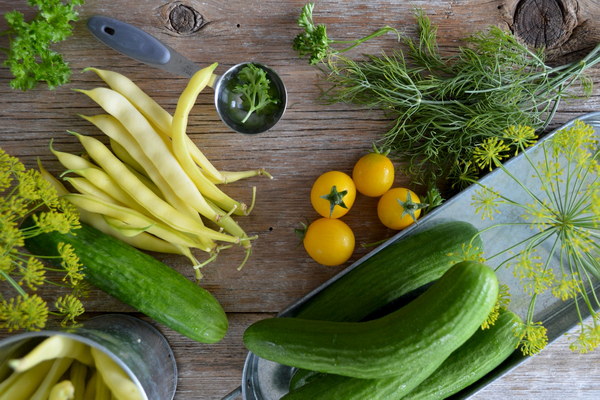
Green tea is loaded with antioxidants called catechins, which have been found to improve lung function and reduce the risk of respiratory conditions. Drinking a few cups of green tea daily can be a simple way to incorporate this beneficial beverage into your routine.
7. Onions and Leeks
Onions and leeks contain sulfur compounds that have been shown to reduce inflammation and improve lung function. These vegetables also contain quercetin, a flavonoid that has been found to have anti-inflammatory effects. Including onions and leeks in your cooking can help keep your lungs healthy.
8. Apples
Apples are not only delicious but also rich in antioxidants that can help protect the lungs. The flavonoids in apples have been shown to reduce the risk of respiratory conditions and improve lung function. Eating an apple a day might just keep the doctor away, especially for your lungs.
9. Chicken Soup
Chicken soup is a comforting staple that can also be beneficial for lung health. The broth helps to keep the mucous membranes moist, which is important for preventing respiratory infections. Plus, the warmth of the soup can help clear out nasal passages and ease congestion.
10. Probiotics
Probiotics, found in fermented foods like yogurt, kefir, and sauerkraut, can help support a healthy gut, which is essential for a strong immune system. A strong immune system can help protect your lungs from infections.
Incorporating these lung-boosting foods into your diet can help support your respiratory health. Remember, a balanced diet is key, so enjoy a variety of these foods to reap the maximum benefits. Alongside a healthy diet, it’s important to maintain a healthy lifestyle, including regular exercise, adequate hydration, and avoiding exposure to harmful substances. Together, these steps can help keep your lungs healthy and functioning at their best.
